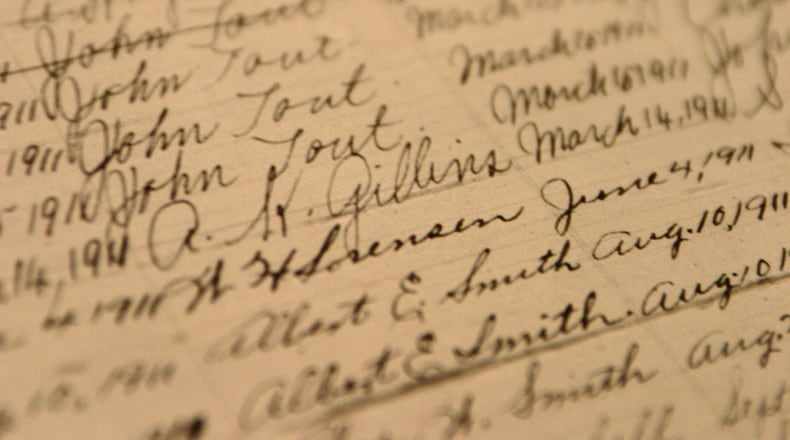On January 10, 1921 a fire in the basement of the Department of Commerce in downtown Washington, D.C., destroyed most of the 1890 census records.
One reason the records could not be saved was that they were not in bound volumes, but were individual pages stacked. It was a terrible loss for researchers. The water-logged remains, even though moved elsewhere, were never salvaged properly and were eventually destroyed in the 1930s.
For an authoritative article on the fire, see the spring 1996 issue of Prologue, the Journal of the National Archives, at archives.gov/publications. The push for a national archives was, in part, motivated by this disaster.
The National Archives in Washington opened in 1935. Now they have branches nationwide, including the National Archives at Atlanta in Morrow. U.S. census information is sequestered for 72 years. The 1950 census is scheduled to be available to the public in April 2022.
S.C. genealogy magazine
The South Carolina Magazine of Ancestral Research, edited for more than 30 years by Brent H. Holcomb, is one of the most important resources to consult about that state’s genealogy sources and methodology. Holcomb is offering new subscribers to his magazine a discount price of $30 (normally $35) for the first year. Send check to SCMAR, P.O. Box 21766, Columbia, S.C., 29221. When genealogy rooms reopen, check out SCMAR back issues and index volumes to see just how much has been covered since 1973.
Migration from ancestors’ homeland?
How far has your family moved from your ancestral turf? My Revolutionary War Georgia ancestor, Hall Hudson, died in Jefferson County, 140 miles away.
Contact Kenneth H. Thomas Jr., P.O. Box 901, Decatur, Ga., 30031 or kenthomasongenealogy.com.
About the Author
Keep Reading
The Latest
Featured


